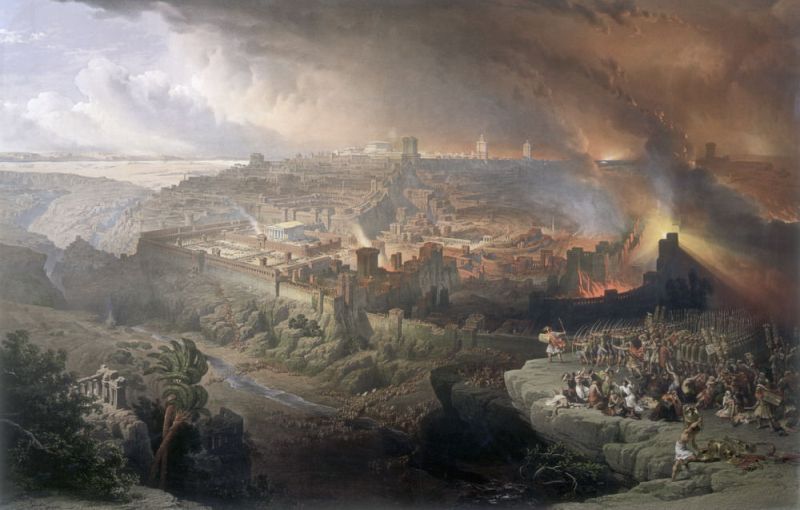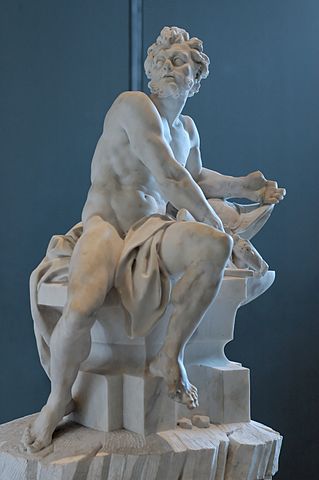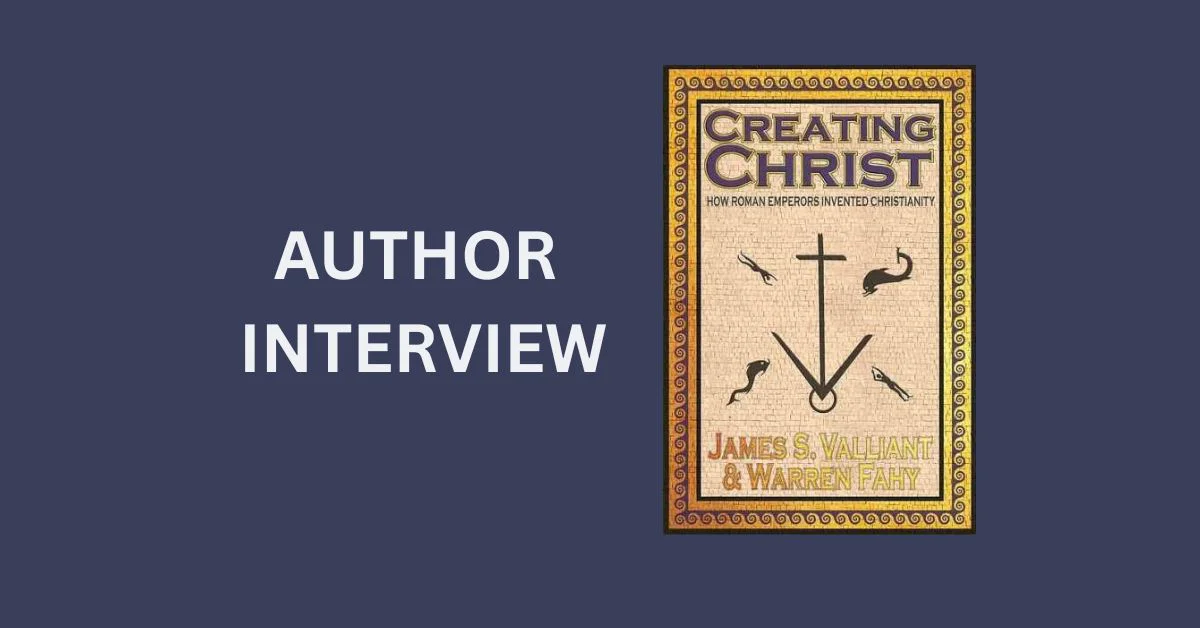I’m not saying that that every single thing in the New Testament is to be thrown out. I’m just saying that it needs to be re-evaluated. Every single moral doctrine in the New Testament needs to be re-evaluated in this light, rather than simply assumed as the moral ideal that it is held to be and
which is still controlling people today.
It seems to me that at one level it is important to understand that the New Testament isn’t history. Scholars for the last 200 years have determined that the New Testament is not reliable history.
I think it’s even far more powerful and far more important to identify what the New Testament actually is and to place it within its contemporary political and cultural context. Like we do any other literature or doctrine.
Once you do that, understanding what it is, is I think far more persuasive than simply saying it is not reliable.
In other words, if Jesus tells you to turn the other cheek, is that really the best policy, in light of the fact that it was written in order to pacify rebels 2000 years ago?
We can see the agenda behind saying “Turn the other cheek” or “Blessed are the peacemakers”, etc. But before we simply adopt that as a more as our moral code, we need to understand the real motives behind the people that wrote those things.
Ashna: Are there any modern parallels and can we apply what happened then to anything happening now?
James: Oh, very much so. In fact, the same basic conflict that we are discussing in the book, that cataclysmic war between the Roman Empire and Jewish Messianic zealots is still in a way, still playing out today.
The entire religion of Islam can I believe, be traced to the extreme monotheistic zealots of the first-century. The war between Rome and the Jewish rebels stratified Judaism of the first-century into three surviving religions.

The Rabbinic Judaism which survives today. And which greatly deemphasized the entire concept of Messiah. And which therefore reduced the political threat that Judaism might represent to foreign governments as Jews were living in diaspora as minorities and various Christian or Islamic cultures. Including Christianity, which is a sort of pro-Roman peaceful response to Jewish Messianic activities in the first-century.
And then of course, the Jewish rebels themselves, which never went away. They simply transformed over the centuries into Islam. The Islamic terrorism of today is in effect the same conflict of 2000 years ago. Western civilization in effect is still beating back a violent form of Eastern monotheism. In effect, we’re fighting the same battle 2000 years later.
And the irony is that our response is very similar today. Western political leaders, for example, assure us that Islam means peace. That Islam commands peace and that Jihad is an internal conflict, not an actual rebellion. And in so doing, they’re doing in effect precisely what the Romans did in creating Christianity.
The Romans said that Jewish Messianic religion is in effect a pacifistic religion. One that says, cooperate with political leaders, pay your taxes and turn the other cheek.
Ashna: What about Roman persecution? Didn’t they feed Christians to the lions? If not, why do you think this is widely believed?
James: The Roman Empire was a remarkably tolerant government when it came to foreign religions, comparatively speaking. They obviously did not have what we in the West today call freedom of religion or freedom of conscience.
There was religious persecution. Remember, politics and religion were joined at the hip in those days. There were political implications to any religious idea and there were religious implications to most political ideas.
Nonetheless, the Romans tried to be as tolerant as to as many foreign cults and religions as they possibly could. And so, persecution was not the norm within the Roman Empire.
However, this Jewish War that I was referring to earlier was a major ideological challenge to the Romans. Jewish monotheism forbade them, for example, from participating in any kind of acknowledgement of Roman state deities. Which Romans thought just a perfunctory part of joining their empire and which other polytheistic cultures had no problem doing.

Many of the Jews, with their strict form monotheism, found it difficult to participate in Roman society generally. Therefore, at first, the Romans tried to create exemptions for the Hebrews, exempting them from Emperor worship or public worship of Roman state deities.
Nonetheless, any connection with foreigners, any contact with foreigners, began to be regarded as pollution by the more extreme elements among the Hebrews.
And simultaneously, the Romans began to see the Jews in various antisemitic ways. And the conflict became inevitable.
There were continuous disturbances. Outbreaks of rebellion and riots in Alexandria, in Egypt and in Rome itself. Until finally in 66 open rebellion broke out in Judea itself, climaxing in the destruction of the temple in Jerusalem. Decades later in the early second-century, still a second Jewish war would break out.
Now, those Jews who were leaders of this movement, religious and political leaders, rebel leaders, were obviously heavily persecuted by the Romans. Romans crucified them in the thousands. They tortured them for information.
The Romans were not boy scouts, they were ruthless conquerors. So, there was persecution and indeed the persecution of Messianic Jews in the first two centuries.
Christianity is an offshoot of Messianic Judaism and has adopted that persecution as their own, although what we call Christianity is an entirely different doctrine.
In fact, in many ways, the very opposite doctrine of the Jewish rebels. The rebels believed in the prophecies of the Old Testament that says the Messiah would come and liberate them in, at such times of foreign oppression.
End of excerpt. Click here to download the PDF transcript.

